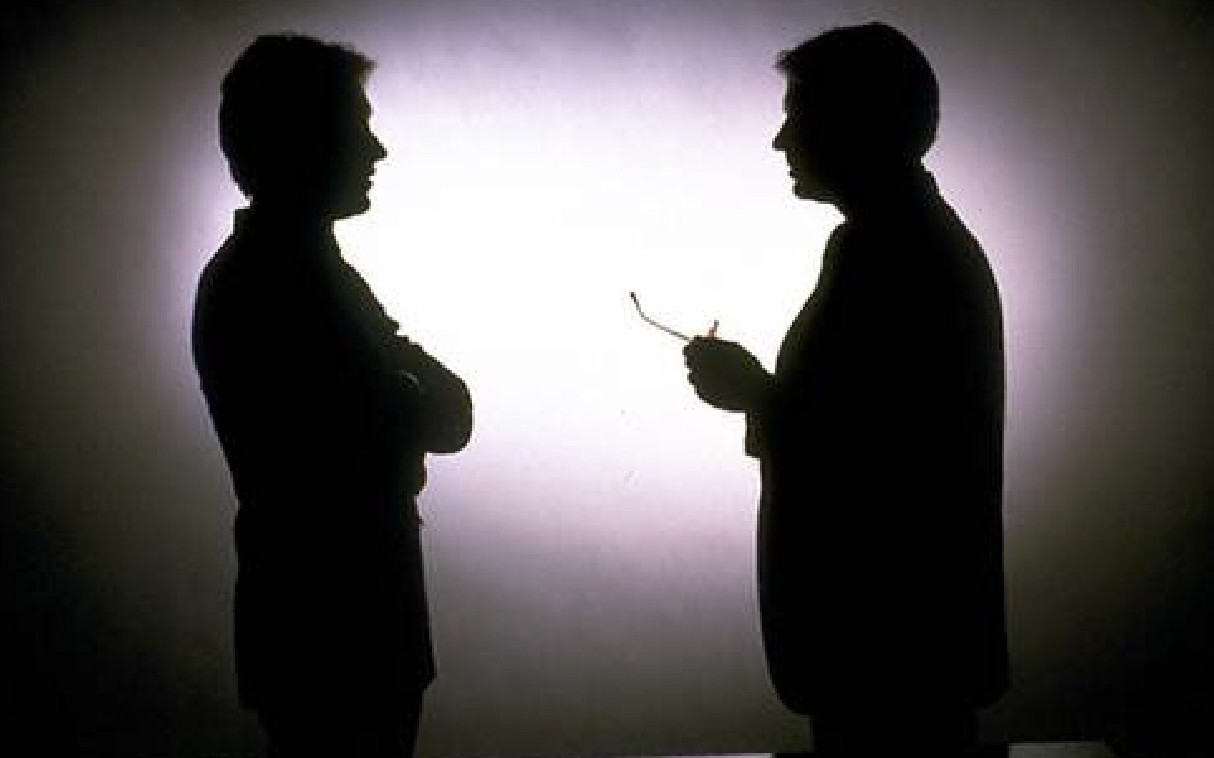Anonymous | Contributing Writer
Experiencing mental health difficulties first hand, and how they can affect a person, is almost a bittersweet moment. The condition itself is horrible, whether it be depression, anxiety or even isolation. But the opportunity to let it open your eyes to what the term really means is one I am weirdly thankful for.
To a lot of people out there, Mental Health Week 2013 was just another week in the college calendar. They completely miss out on the opportunity to really understand what is behind “Mental Health” and just how far-reaching mental difficulties can be, especially as a young person in Ireland today.
I say this, not to sound like some morally-superior being, preaching from his pulpit on what cause you should support, but because it is exactly how I felt during previous Mental Health initiatives and would have felt for this one. Unfortunately, Mental Health is one of those causes which most don’t give a second thought about until they are affected by it. Unfortunately for me, I now have reason to give it my utmost attention this year during Mental Health Week.
It’s been just over ten weeks since one of my closest friends attempted suicide. An absolute gentleman, he never displayed any signs of feeling depressed or anxious. Hindsight, being 20/20, had left me looking back for signs – but even still, there are none I could find.
In the unlikely event that you ever imagine such a scenario, you would think the part that stays with you would be discovering your friend unconscious after overdosing on numerous medications and alcohol, but it wasn’t. What sticks in my mind – and has prompted me to write this piece – is the conversation I had with him as I held his hand on an A&E trolley at 1AM.
Unfortunately, Mental Health is one of those causes which most don’t give a second thought about until they are affected by it.
“What was I going to tell the doctor?” was his teary reply to me asking why he had not talked to us; “That I was fucking sad?”. This is the line that stays with me the most today.
We can have a problem with our liver or our stomach and we will go to the doctor embarrassment-free. Yet, having a mental health problem has such a stigma attached to it.
I suppose the point of all of this is to highlight just how easily it can creep up on you, whether it affects you directly or someone close to you. It’s easy to become isolated at our age, getting lost in college and work.
After talking more that night, I learned my friend had been dealing with some serious issues himself: work, relationships and a feeling of isolation from the rest of our friends. These are issues that affect all of us, so is it really mad to think that some of your friends may be going through the same? Is it mad to think that you yourself may be feeling overwhelmed by these? Issues like these aren’t going to be sorted with a simple “Not much” when the lads ask you what the craic is.
having a mental health problem has such a stigma attached to it
“One reason we struggle with insecurity; we’re comparing our behind the scenes to everyone else’s highlight reel”. That is an albeit cheesy, but true quote. These days both my friend and I have been a lot more open, and it’s all been for the better.
“How are you, man?”
“Not great to be honest”
-Oddly enough; the best answer I’ve got from him in a long while.







